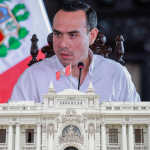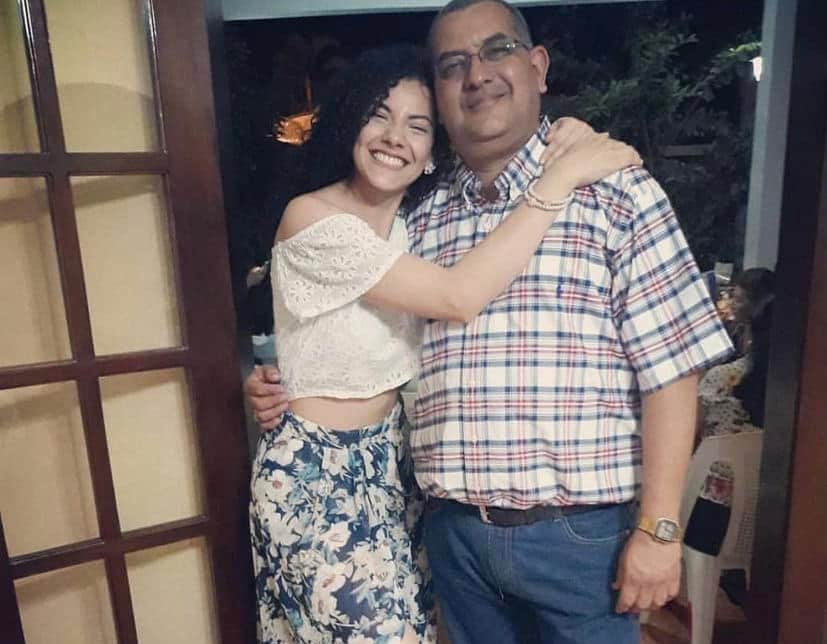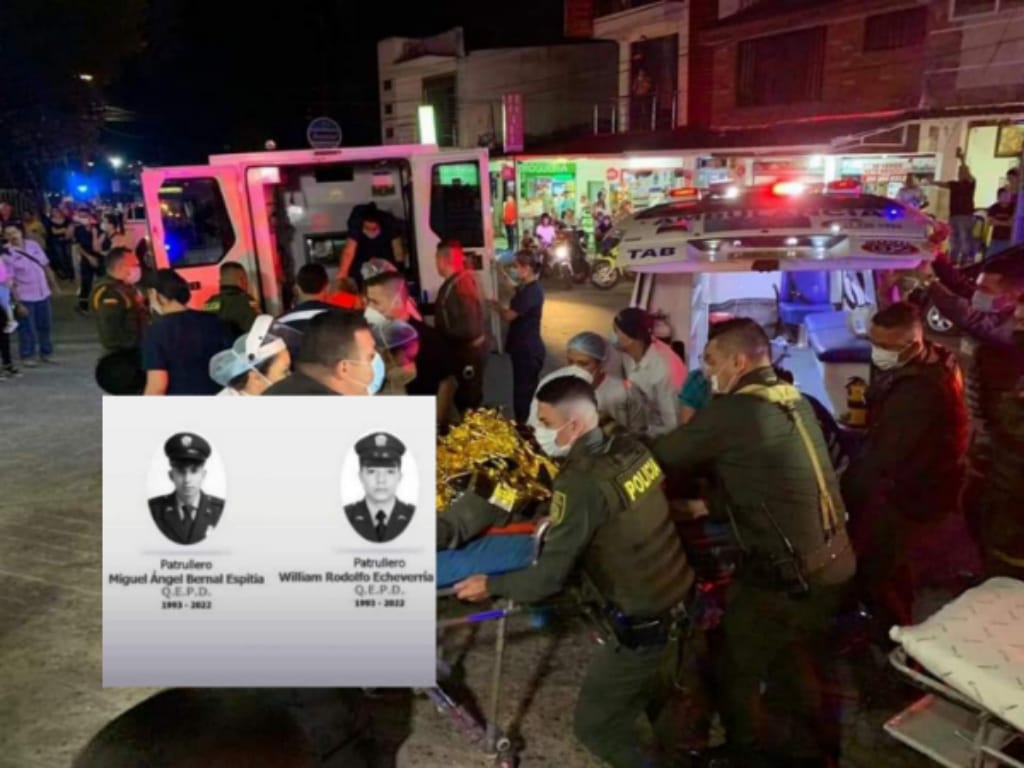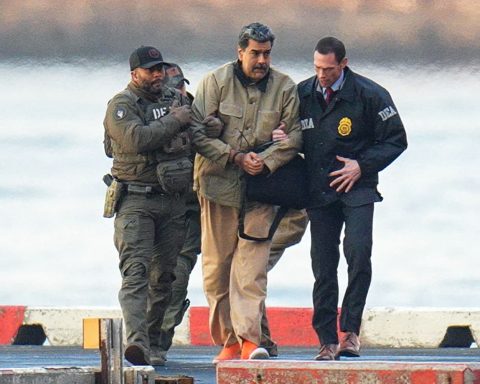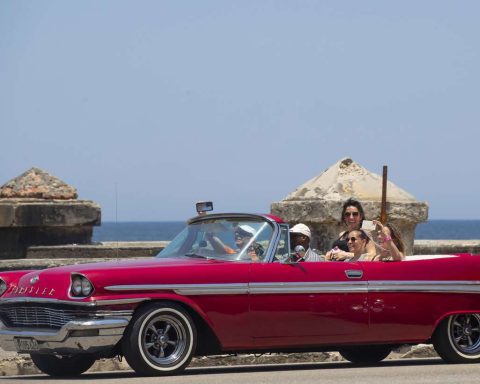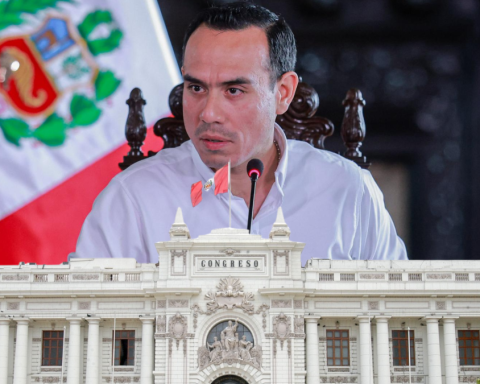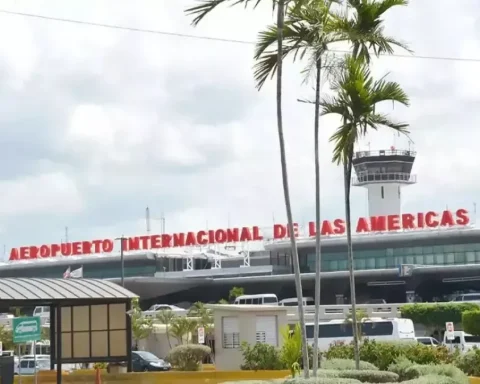I don’t want you to help me or tell me you’re sorry: I ask for a job to continue on my way
says Liberian Zu
Fernando Camacho Servin
Newspaper La Jornada
Sunday, January 30, 2022, p. 8
More than seven months ago, Salomon Wity Savagenah made the decision to leave with his sister and nephews from their native Liberia, on the west coast of Africa, to escape the war and violence caused by the diamond trade, and after a long journey through several countries, today he is in Mexico.
Wandering around the Roma neighborhood, in the country’s capital, Zu – as he likes to be called – still looks a bit lost. It’s only his third day on freedom
, he says, after having been detained for two weeks together with his family at the Mexico City International Airport, from where he finally managed to get out when he verified that his immigration papers were not false.
Although his somewhat stunned and absorbed air can confuse whoever sees him, the almost 52-year-old man is very clear about his immediate plans: get a job at any cost, raise some money and be able to send his sister and nephews Jamal, Jafet and Jarel to the city of Querétaro, where he heard that there is a Salvation Army shelter that may be able to help them.
Economically we have nothing, but I have to be at peace, because if I feel frustrated, I will pass it on to them, but if I can see them well, I will be fine… I don’t want pity, because I am a man, and Today we’re screwed, but tomorrow we’ll be fine
, says Zu in the midst of long silences in which he tries to contain his tears.
Sitting on a park bench, more than 10 thousand kilometers from his home, the man explains that in his country he lost his wife and daughter due to the violence generated by the smuggling of diamonds from Sierra Leone to Liberia, as part of a civil war where there are at least three sides in dispute.
After his mother asked him to leave, so as not to risk seeing him die too, Zu raised enough money so that he, his sister and his nephews could leave Liberia, reach Spain and take a cruise that allowed them to reach to Trinidad and Tobago. From there, he and his family flew to Caracas, from where they finally arrived in Mexico City.
One of the first things he did when he was able to leave the airport, he recalls, was to go to the offices of the National Migration Institute, in the Polanco neighborhood, where he met hundreds of migrants who were looking for – without success – the same thing he was: authorization. to work.
I saw about 200 people from Haiti waiting for the resolution to give them papers, because without papers, you can’t work. I don’t want them to help me or tell me they’re sorry: I want a job, and when I find it and can earn money, I’m going to continue on my way. I’m not in pain, I’m like… helpless
, define.
In the short time he has been in Mexico, the man laments, has encountered much, much racism. With the authorities, with the people, in the street. Mexican people are good, but there are exceptions, and some don’t like black people. There are different opinions, but everywhere is the same
.
Despite this, Zu would prefer to stay in the country and try to rebuild his life here, knowing that as a Muslim he has very little chance of entering the United States. I’ve been through a lot of experiences, but what doesn’t kill you makes you stronger, and you can get good things out of bad. Every day is about learning and teaching
.









